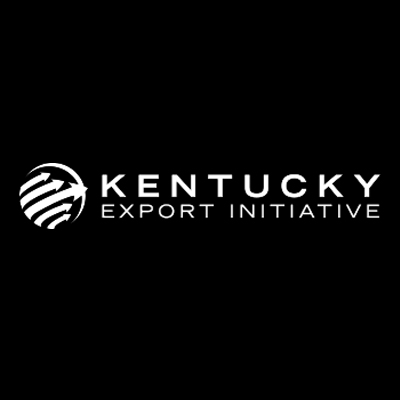In Kentucky our economy is growing in large part because of the state’s commitment to international trade.
The state has developed a very close relationship with Japan best demonstrated by the Toyota plant in Georgetown and the recent purchase of Jim Beam Brands by Suntory, a large Japanese distilled spirits company.
While it didn’t get that much press, last Wednesday was an important day for Japanese/American relation when Japan’s Prime Minster Shinzo Abe became the first Japanese prime minister to address a joint session of the U.S. Congress. His speech had many important policy and symbolic aspects.
Over the past decade each trade pact has become more difficult to move through Congress, and the TPP (Trans Pacific Partnership) has some tough opposition to overcome.
First, he made a strong statement by giving the speech in English, which was a good way of reminding the audience that he is a Japanese leader who studied public policy at the University of South California. His appearance sent a strong message demonstrating that the U.S. and Japan have developed a special relationship, and puts an explanation point on a new post WW II world order.
One of the principal policy goals of the prime minister’s trip was to add support to the administration’s efforts to secure passage of a new trade treaty, the Trans Pacific Partnership (TPP), where negotiations are nearing completion. The proposed treaty creates a free trade zone between the U.S., Japan and 11 other Pacific Rim nations. However, on this issue I don’t believe the prime pinister’s appearance made a significant impact. Over the past decade each trade pact has become more difficult to move through Congress, and the TPP has some tough opposition to overcome.
Through the process of gerrymandering, Congressional districts have been drawn to closely represent the views of the incumbent representative, this type of gerrymandering has tended to make Congress more partisan and more harshly left and right focused. This means that that are fewer moderate Republicans or moderate Democrats.
Traditionally it was the moderate majority in the two parties that carried trade legislation.
While the bulk of trade support traditionally comes from business-oriented Republicans, many of the far-right Republicans so dislike and distrust President Obama that they are hesitant to grant him broad trade negotiating powers. On the Democratic side, moderates have been replaced with more left leaning Members who are closer to organized labor and environmental groups that both oppose trade agreements.
Prior to Congress considering the actual agreement they must first approve Trade Promotion Authority (TPA) or more commonly called “fast track” legislation. It is fast track as it provides a special rule that requires action in a specified time period, no Senate filibuster is permitted, and no amendments are allowed. This is important, as a treaty such as TPP, negotiated with 12 countries, can’t succeed if each member of Congress is trying to add amendments designed to protect a local industry.
While TPA has broad, bipartisan support in the Senate, the House vote count appears to be very close. In the Senate, Oregan Sen. Ron Wyden, the senior Democrat on the Finance Committee, that has jurisdiction over trade, has supported the TPA bill. In the House, the senior Democrat on the trade Ways and Means Committee, Michigan’s Sander Levin, has not.
The concern of Republican leaders is that they can only lose 28 Republicans before needing Democratic support. On the issue of TPA, with White House support, the bill should be able to attract some Democratic support, but the president is fighting many of his close allies. At this point it is not clear how many Republicans will oppose TPA due to their distrust of the president, and how many Democrats the president can pick up to make up for the lost Republican votes.
Bottom line is that at this point the vote on TPA in the House is too close to call.
Tom Block is a public policy consultant who had a 21-year career with JP Morgan Chase where he served as head of government relations in New York City and created a Washington research product. He also created the bank’s EU Government Relations program and developed a new position as U.S. government policy strategist focusing on how U.S. government policy impacts capital markets. He has an extensive government and banking background, has worked on political campaigns and as a speech writer. He is a family trustee of Bernheim Arboretum in Louisville and holds a bachelor’s degree in political science from American University. He and his wife make their home in Kentucky. Contact him at tomblockct@aol.com.


















